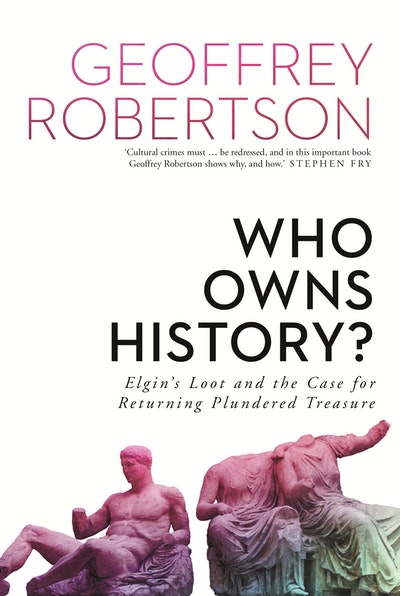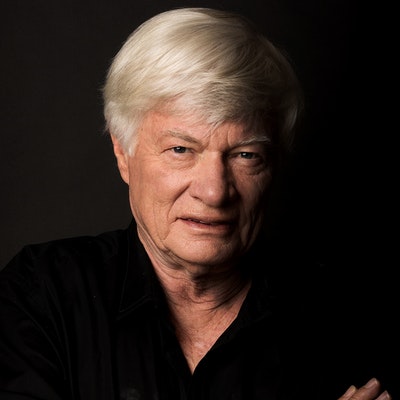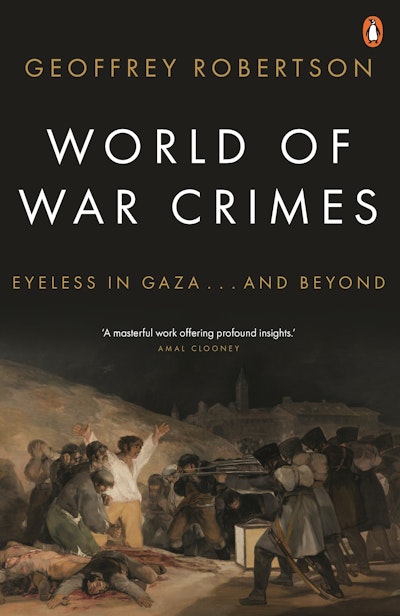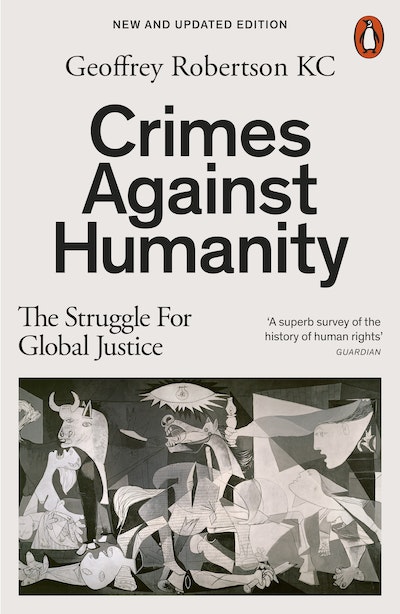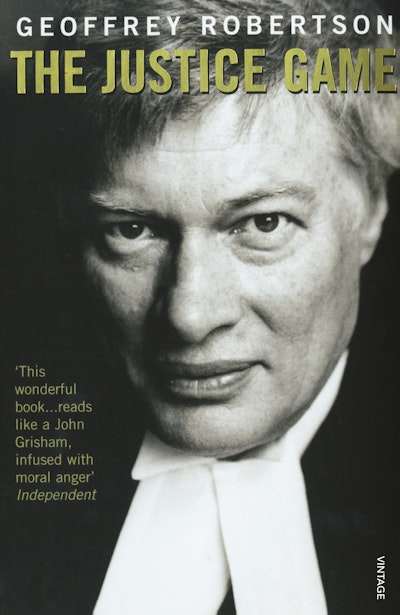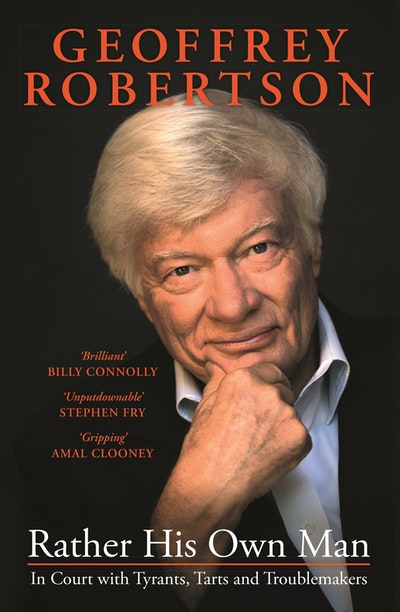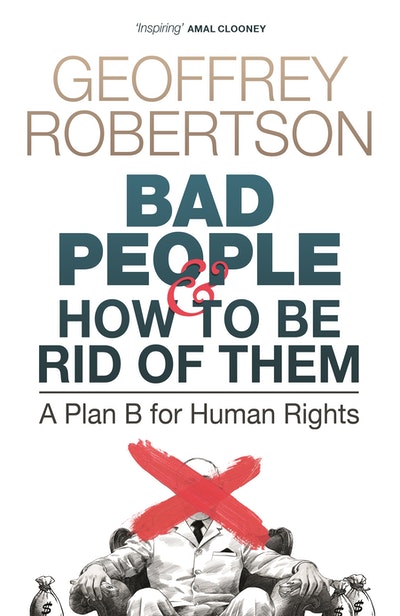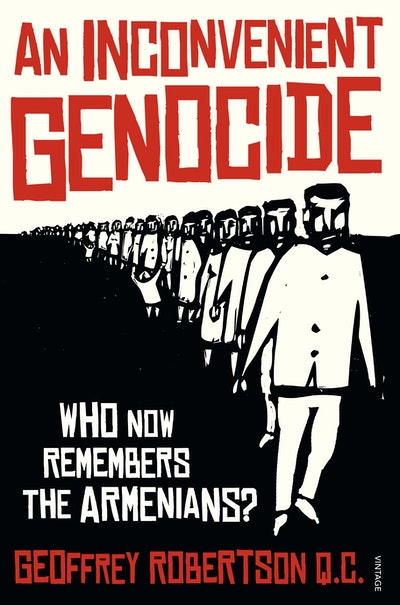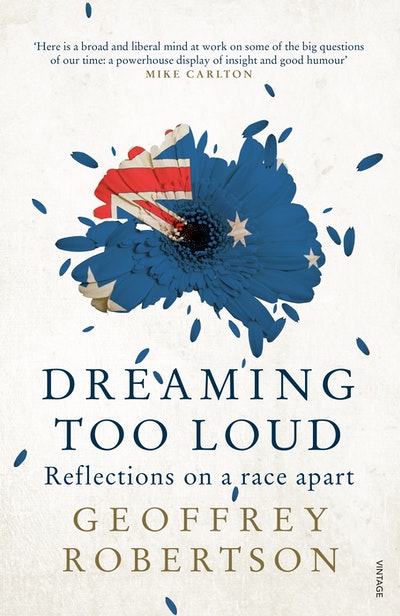- Published: 5 November 2019
- ISBN: 9781760893705
- Imprint: Random House Australia
- Format: EBook
- Pages: 304
Who Owns History?
Elgin’s Loot and the Case for Returning Plundered Treasure
- Published: 5 November 2019
- ISBN: 9781760893705
- Imprint: Random House Australia
- Format: EBook
- Pages: 304
A book that proves beyond any reasonable doubt that the Parthenon Marbles belong back in Athens. Elgin’s heist prevents the modern world appreciating this ancient wonder – created by the same people who gave us democracy, philosophy and (best of all), comedy. Other cultural crimes must also be redressed, and in this important book Geoffrey Robertson shows why, and how.
Stephen Fry
A book which provides, once and for all, the case for re-uniting the Parthenon Marbles in Athens. This is a powerful cry for justice – it deserves a response.
Amal Clooney
A noble work for a noble cause. This is Geoffrey Robertson at his best, making the case for justice as a citizen of the world and an Australian.
George Megalogenis
Who Owns History? gives new impetus to the debate about the return of the Parthenon marbles and looted cultural heritage more generally.
The Conversation
Rightly and lucidly, [Robertson] makes a case for context in museums such as the Acropolis Museum, over the combination of hoarding and quick selfie opportunities that major museums provide ... Robertson’s new book is an important breath of fresh air to reignite the embers of the cultural heritage restitution debate. It tackles the possibilities of what a true postcolonial engagement with cultural heritage might look like. I hope people far and wide heed his call
Lucas Lixinski, Associate Professor at Faculty of Law, UNSW Sydney, Sydney Morning Herald
Mark & Evette Moran Nib Literary Award
Longlisted • 2020 • Mark & Evette Moran Nib Literary Award
